Tuesday, April 23, 2024
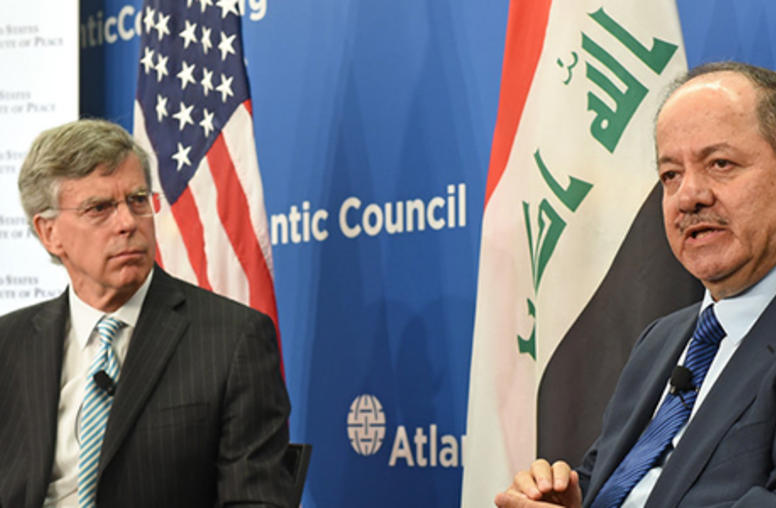
Iraq Kurdistan Region President Barzani Stresses Unified Fight Against ISIS
President Masoud Barzani of Iraq's Kurdistan region stressed the need for reconciliation and dialogue in Iraq during a visit to Washington this week, saying the fight against the "Islamic State" militant group and the restoration of internal stability depends on a unified effort and "peaceful co-existence."
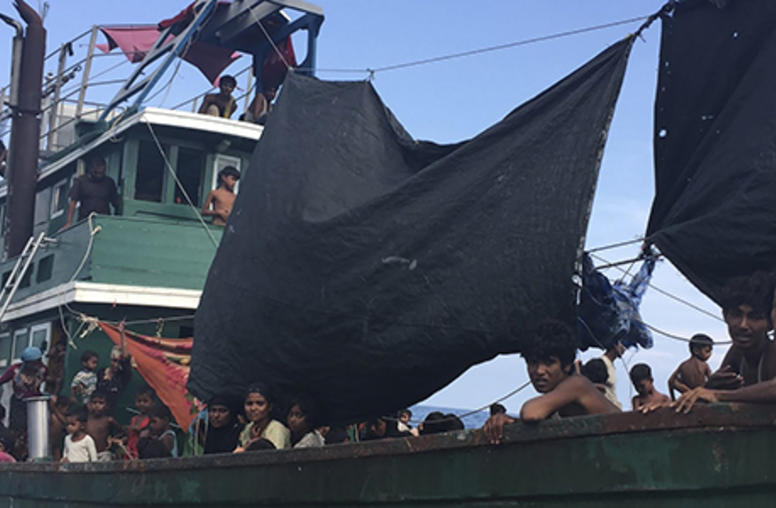
S.E. Asian Migrant Emergency Cries for Global Solution
It is a mistake to view the desperate boat migration currently unfolding in Southeast Asia’s Andaman Sea and the Bay of Bengal as simply a manifestation of the sad plight of the Rohingya Muslim minority in Myanmar, and thereby to conclude that the solution lies only in Myanmar. In fact, it is a much wider regional and even global problem that will require a complex set of separate but related actions to bring about a humanitarian solution.
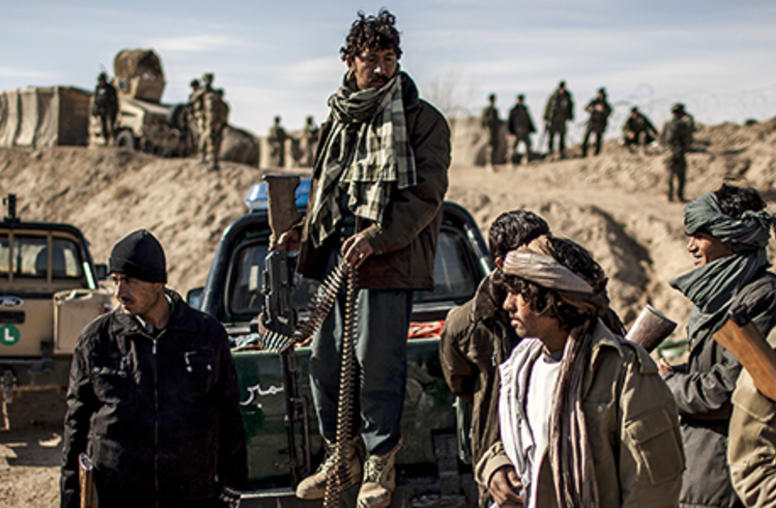
Afghanistan’s Renewed Reliance on Militias Is Risky Gambit, USIP Reports Show
The Afghan government is responding to an intense Taliban summer offensive in part by providing increasing support to armed militia groups, according to news reports over the past week. But USIP research, including a recent report that examines shifting efforts to disarm and rearm militias, shows that turning to local weapons-toting powerbrokers to shore up the state more often worsens instability.
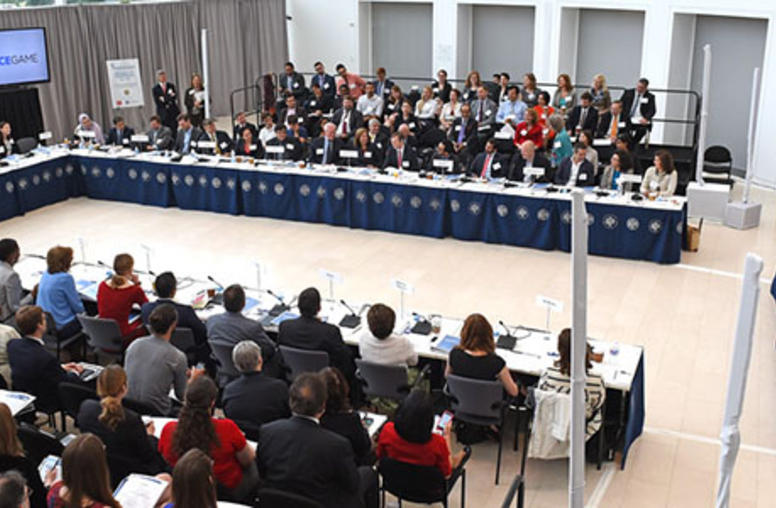
PeaceGame Tests Complexities of Reducing Extremist Violence
Four countries of the Middle East and North Africa have seen their state structures crumble. Another is clawing its way through a transition and appealing for support. And thousands of young fighters from near and far are flooding the region to take up arms. Experts probed the intricacies of these currents this week by playing roles and then analyzing the results, in a search for effective ways of countering violent extremism.
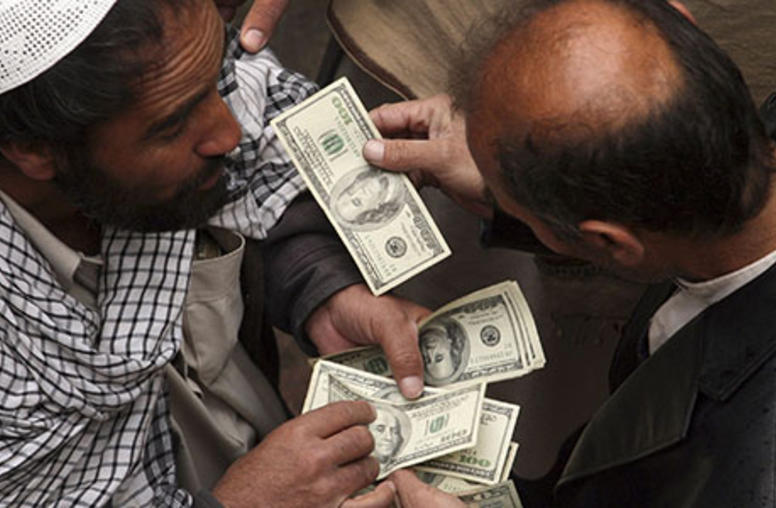
In Kabul, Political Gridlock Is 'Worse' Than Violence
Afghanistan desperately needs new investment—and a reversal of its current capital flight—to improve governance, build the economy and provide hope for a population exhausted by decades of war. While conventional wisdom holds that the best stimulus for the economy would be an end to the violence, Afghan business leaders suggest that the most urgent remedy would be to reduce administrative and political obstacles, including corruption.
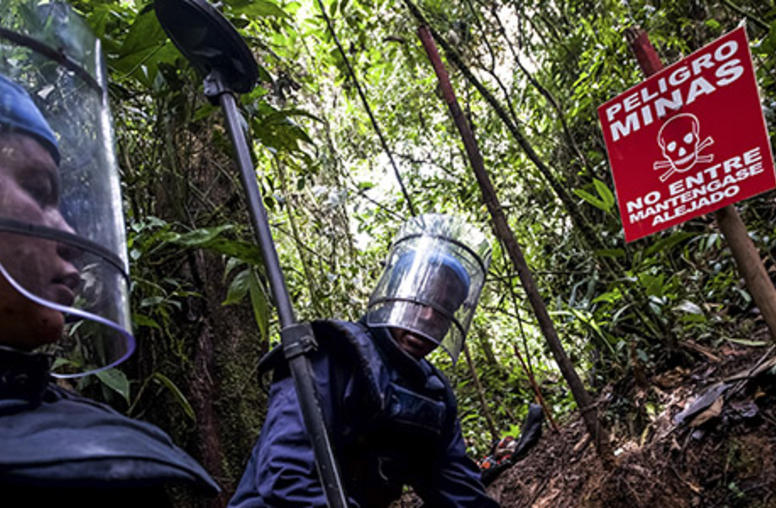
Colombia’s Peace Talks Win Reprieve as FARC Declares Ceasefire
Colombia’s government won a reprieve from growing public pressure to call off peace talks with the FARC rebel group when the guerrillas declared a unilateral ceasefire this week amid a surge in violence around the country.
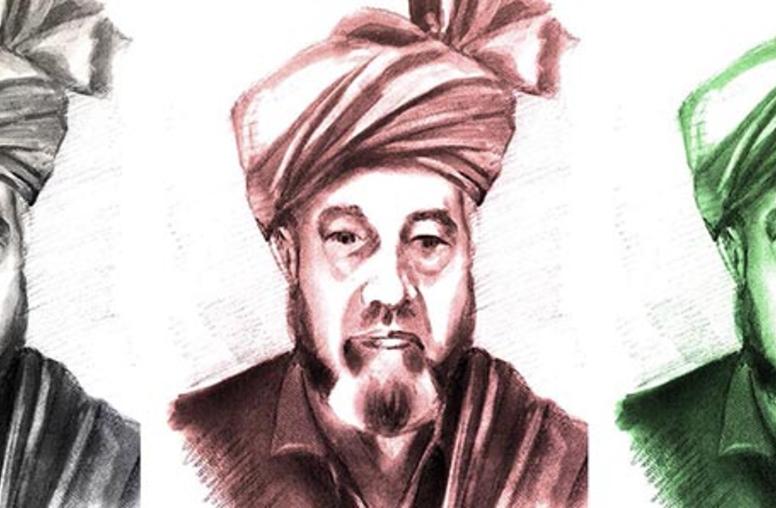
Afghanistan’s Better History, With Lessons for Today
He could be known as “the Johnny Appleseed” of Afghanistan. Dr. Abdul Wakil, an agronomist and agriculture minister, led projects in the Helmand River Valley in the 1950s and 60s. He moved Afghan farming into the 20th Century with mechanization and seed types that remain a mainstay. A new book co-authored by USIP Afghanistan Country Representative Shahmahmood Miakhel tells the story of Wakil and 26 other Afghans who worked peacefully for the country’s benefit over two centuries.
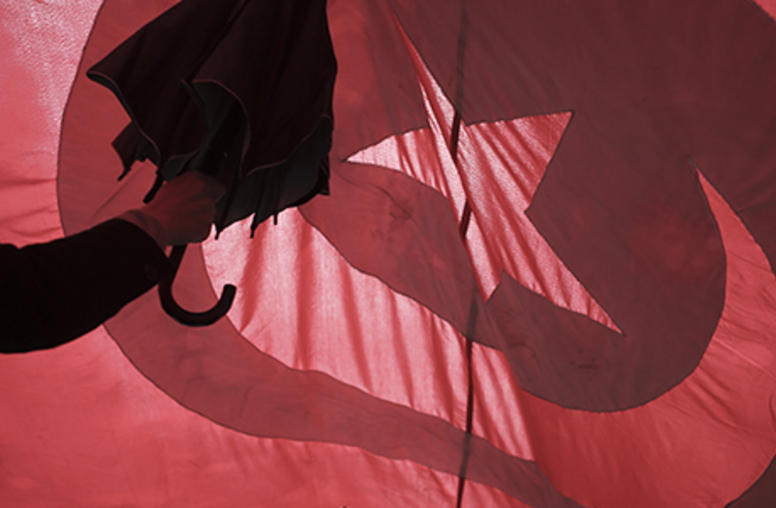
A Well-Earned Nobel Peace Prize Won’t Inoculate Tunisia From Tumult
The “Quartet” of four organizations that led Tunisia’s National Dialogue surely merit the Nobel Peace Prize bestowed last week. The recognition could help Tunisia attract more of the international support it desperately needs to shore up its still-fragile transition. By avoiding the temptations of autocracy or the disaster of civil war, Tunisia’s leaders have hewed a path that has no equal in the Maghreb. What is at stake is not merely the future of one democratic experiment. If Tunisia’s tra...
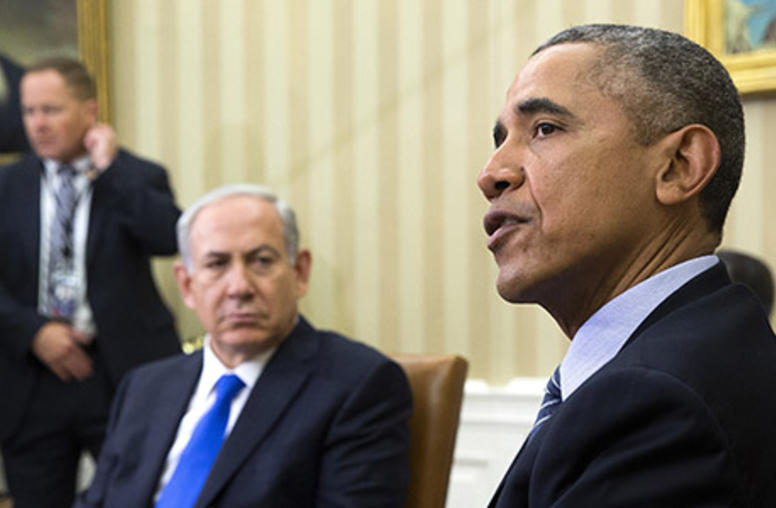
U.S. Engagement On the Israeli-Palestinian Peace Process: Dead End or New Beginning?
The Israeli-Palestinian conflict arena is once more beset with violence. The parties have retrenched to recriminations and hardline positions, and once again the U.S. faces the question of how to get things back “on track.” The latest derailment of diplomacy has left an unclear road ahead. Those in the Israeli and Palestinian peace camps have largely reached the conclusion that peace will not be possible under their current leaderships, and the Obama administration recently acknowledged tha...
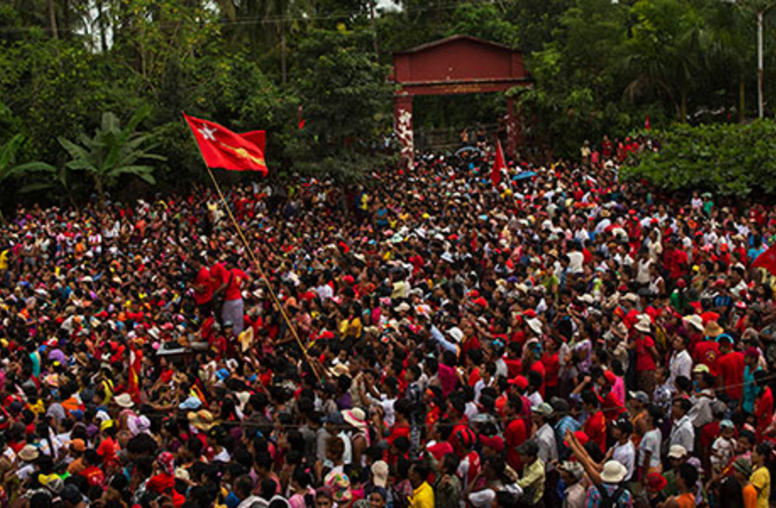
Myanmar’s Elusive Peace
When Myanmar’s National League for Democracy leads a new government into office in coming months, it will inherit a peace process in which the outgoing government last month signed a cease-fire with eight of the 17 ethnic armed groups that have been part of the country’s 60-plus years of civil warfare. The October cease-fire was a limited advance in peacemaking that may bring greater stability to the Thai border area. But as mediators work to consolidate and broaden that cease-fire accord, th...
